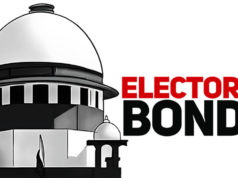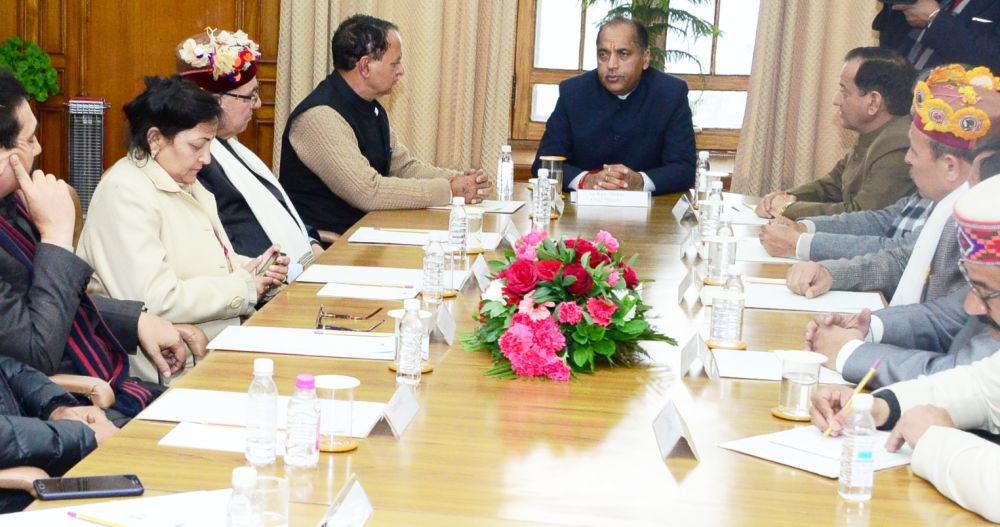In a landmark decision today, the Supreme Court of India has ruled against the validity of the electoral bond scheme, declaring it unconstitutional. The court has emphasized the importance of transparency in political funding and stated that electoral bonds are a violation of the Right to Information.
A unanimous decision was reached by a bench consisting of Chief Justice DY Chandrachud, Justice Sanjiv Khanna, Justice BR Gavai, Justice JB Pardiwala, and Justice Manoj Mishra. Despite differing views within the bench, the verdict has unequivocally banned electoral bonds, urging the government to explore alternative options for political funding.
The Supreme Court criticized the Electoral Bond Scheme, highlighting the need for comprehensive information on the funding received by political parties. The court emphasized that electoral bonds hinder transparency, a crucial aspect of a democratic system.
As part of its decision, the Supreme Court has directed the State Bank of India (SBI) to provide complete information regarding electoral bonds issued from 2019 onwards. This move aims to shed light on the transactions and beneficiaries involved in the controversial scheme.
The case, heard by a five-member Constitution bench, had commenced regular proceedings on October 31. The bench, headed by Chief Justice DY Chandrachud, listened to arguments from both sides before reserving its decision on November 2, 2023.
Under the Electoral Bond Scheme, any Indian citizen or entity established in the country could purchase electoral bonds either individually or in collaboration with others. Political parties meeting the criteria of being registered under Section 29(A) of the Representation of the People Act, 1951, and securing at least one percent of the votes in the last Lok Sabha or Legislative Assembly elections were eligible to obtain these bonds. The bonds could be encashed by eligible political parties through authorized bank accounts.
The scheme, notified by the government on January 2, 2018, has been a subject of scrutiny and debate. The Supreme Court’s decision to ban electoral bonds marks a significant development in the ongoing efforts to enhance transparency and accountability in political funding. The court’s call for alternative options underscores the need for a more robust and constitutionally sound framework for financing political activities in the country.





